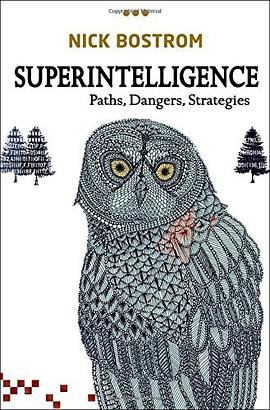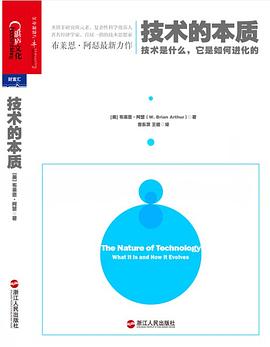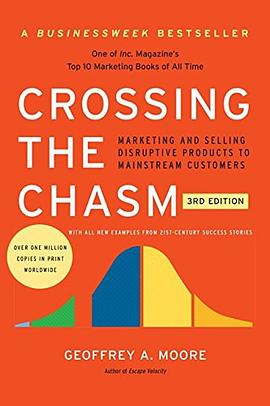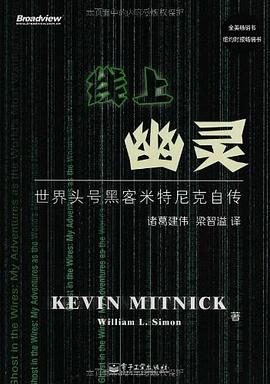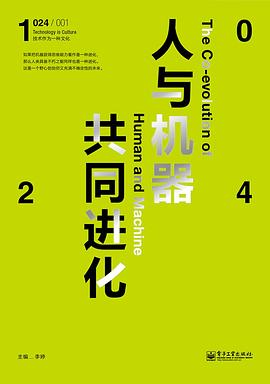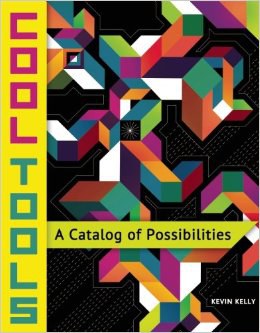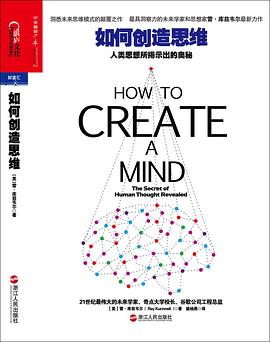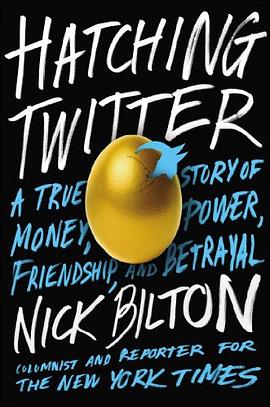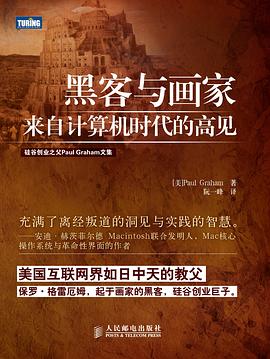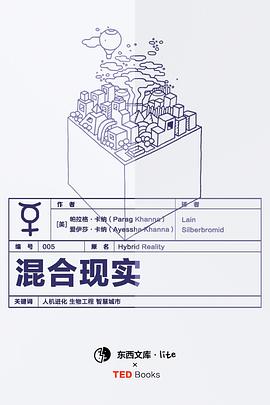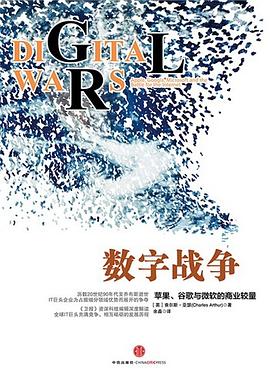
具体描述
Nick Bostrom is Professor in the Faculty of Philosophy at Oxford University and founding Director of the Future of Humanity Institute and of the Programme on the Impacts of Future Technology within the Oxford Martin School. He is the author of some 200 publications, including Anthropic Bias (Routledge, 2002), Global Catastrophic Risks (ed., 2008), and Human Enhancement (ed., OUP, 2009). He previously taught at Yale, and he was a Postdoctoral Fellow of the British Academy. Bostrom has a background in physics, computational neuroscience, and mathematical logic as well as philosophy.
The human brain has some capabilities that the brains of other animals lack. It is to these distinctive capabilities that our species owes its dominant position. Other animals have stronger muscles or sharper claws, but we have cleverer brains.If machine brains one day come to surpass human brains in general intelligence, then this new superintelligence could become very powerful. As the fate of the gorillas now depends more on us humans than on the gorillas themselves, so the fate of our species then would come to depend on the actions of the machine superintelligence.But we have one advantage: we get to make the first move. Will it be possible to construct a seed AI or otherwise to engineer initial conditions so as to make an intelligence explosion survivable? How could one achieve a controlled detonation?To get closer to an answer to this question, we must make our way through a fascinating landscape of topics and considerations. Read the book and learn about oracles, genies, singletons; about boxing methods, tripwires, and mind crime; about humanitys cosmic endowment and differential technological development; indirect normativity, instrumental convergence, whole brain emulation and technology couplings; Malthusian economics and dystopian evolution; artificial intelligence, and biologicalcognitive enhancement, and collective intelligence.This profoundly ambitious and original book picks its way carefully through a vast tract of forbiddingly difficult intellectual terrain. Yet the writing is so lucid that it somehow makes it all seem easy. After an utterly engrossing journey that takes us to the frontiers of thinking about the human condition and the future of intelligent life, we find in Nick Bostroms work nothing less than a reconceptualization of the essential task of our time.
用户评价
##想到有一个唯一目标是算pi值的超级智能,在人类灭绝一百万年以后,穷尽了地球以致全部星系资源,还在孜孜不倦地计算pi值,就有点儿好笑呢
评分 评分 评分##有点枯燥,没看完
评分虽然阅读过程痛不欲生,但是本书的内容(人工智能、哲学)是我感兴趣的。作者是牛津大学人类未来学院院长,所以算是领域内重量级的书吧。然而,书中看似严谨的逻辑在我看来也有漏洞,整体感觉比较扯。
评分 评分##千万别上当。一句话能说明白的事逼逼一本书。不知道是不是哪个硅谷大佬朋友写的。这么力荐这本书
评分相关图书
本站所有内容均为互联网搜索引擎提供的公开搜索信息,本站不存储任何数据与内容,任何内容与数据均与本站无关,如有需要请联系相关搜索引擎包括但不限于百度,google,bing,sogou 等
© 2025 book.qciss.net All Rights Reserved. 图书大百科 版权所有

